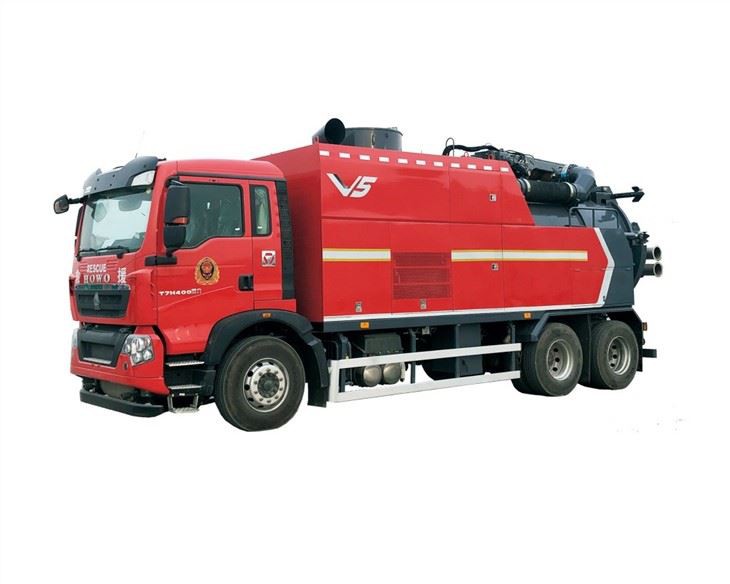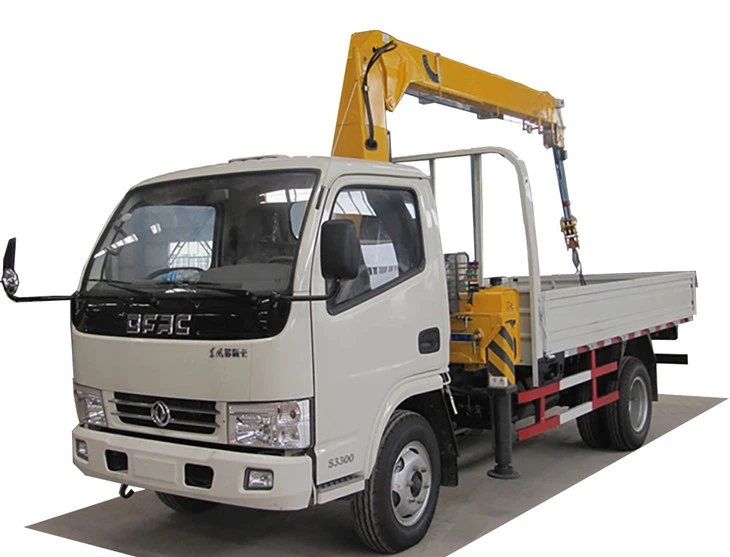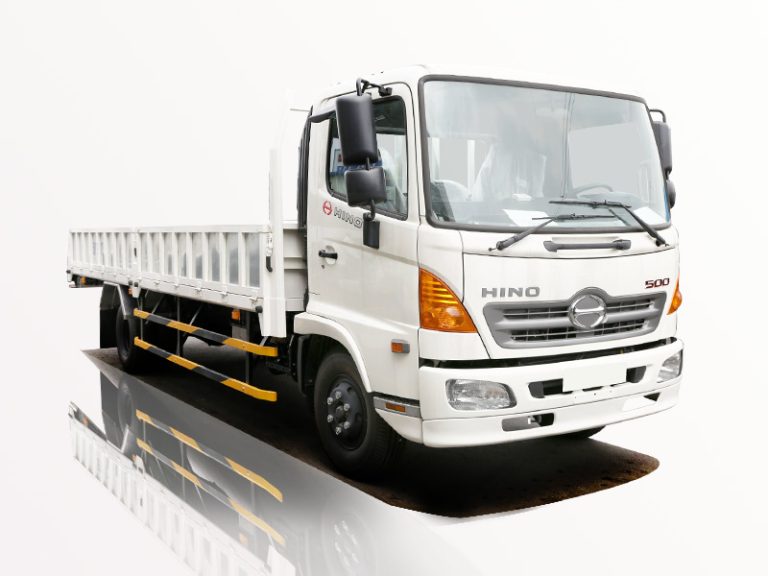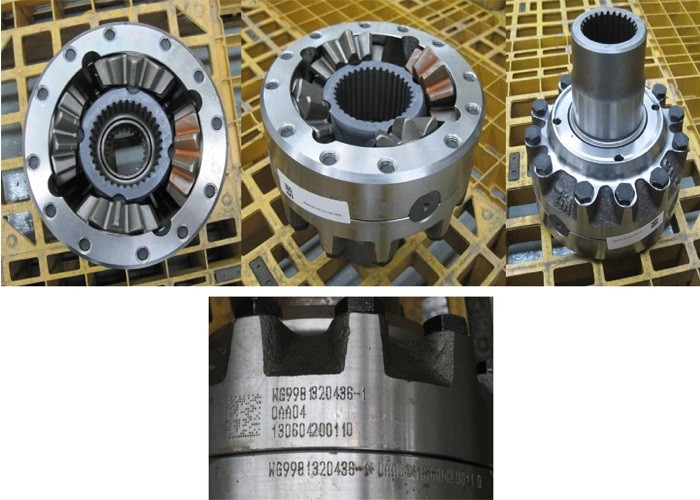When it comes to heavy transportation, 18-ton trucks have cemented their position as a diesel-powered workhorse with the capacity to haul substantial loads across various terrains. This guide explores everything you need to know about 18-ton trucks, from their specifications to their applications in different industries. Whether you are contemplating purchasing one for your business or simply looking to expand your knowledge, this comprehensive article covers all aspects of 18-ton trucks.
What is an 18 Ton Truck?
An 18-ton truck, often referred to as a medium-duty truck, is a vehicle designed to transport heavy loads. The “18 tons” refers to the maximum gross weight the truck can carry, which includes the weight of the vehicle itself and the cargo. These trucks are primarily used for commercial transport due to their versatility and ability to navigate urban environments.
Specifications of 18 Ton Trucks
Understanding the specifications of 18-ton trucks can help you make an informed decision about which model suits your needs. The following table outlines some key features:
| Feature | Description |
|---|---|
| Engine Type | Diesel engines are most common for better torque and fuel efficiency. |
| Payload Capacity | Up to 12 tons, depending on the truck model. |
| Towing Capacity | Typically around 20 tons, suitable for trailers and heavy equipment. |
| Wheelbase | Commonly ranges from 4.5 to 6.5 meters, accommodating various body types. |
| Fuel Economy | Averages between 6 to 10 miles per gallon. |
Advantages of Using 18 Ton Trucks
1. Versatility in Applications
18-ton trucks are used in various industries, including agriculture, construction, logistics, and waste management. Their ability to transport different cargo types—from construction materials to agricultural produce—makes them an invaluable asset.
2. Cost-Effectiveness
While heavier trucks may deliver superior performance, 18-ton trucks strike an excellent balance between power and cost. They often have lower initial purchase costs and provide better fuel efficiency compared to larger trucks.
3. Maneuverability
Thanks to their size, 18-ton trucks can operate in urban environments where larger vehicles may struggle. Their smaller footprint allows for easier navigation through narrow streets and loading docks.
Common Uses of 18 Ton Trucks
1. Construction Industry
In construction, 18-ton trucks are used for transporting materials like gravel, sand, and steel. Their towing capacity is beneficial for moving trailers filled with heavy equipment.
2. Deliveries and Logistics
Logistics companies employ 18-ton trucks for regional deliveries. They are perfect for transporting goods between warehouses and retail locations.
3. Waste Management
18-ton trucks are widely employed in waste collection and disposal, offering the payload capacity necessary for collecting and transporting waste material effectively.
4. Agriculture
Farmers use these trucks to haul produce, equipment, and livestock, contributing significantly to the efficiency of agricultural operations.
Key Features to Look for When Buying an 18 Ton Truck
1. Engine Performance
Opt for a truck with a reliable engine that offers excellent torque and horsepower. Diesel engines are preferred for their performance in heavy-duty applications.
2. Safety Features
Look for trucks equipped with advanced safety features such as anti-lock braking systems (ABS), electronic stability control (ESC), and rearview cameras for increased visibility.
3. Comfort and Ergonomics
Since truck operators often spend long hours behind the wheel, prioritize models with comfortable seating, adjustable steering, and climate control systems.
4. Maintenance and Serviceability
Choose a truck brand known for its reliability and ease of maintenance. Check if spare parts are readily available and consider warranty options.
Practical Tips for Maintaining Your 18 Ton Truck
1. Regular Inspections
Schedule regular inspections to identify potential issues before they escalate. Check tires, brakes, lights, and fluid levels consistently.
2. Proper Driving Techniques
Encourage operators to adopt safe driving practices that prolong the lifespan of the truck. Gradual acceleration and braking can help in this regard.
3. Keep the Truck Clean
Regular washing protects the paint and prevents rust, while also maintaining the truck’s resale value.
4. Monitor Fluid Levels
Keep track of engine oil, transmission fluid, and coolant levels. Low fluid levels can severely impact performance and fuel efficiency.
Environmental Considerations When Operating 18 Ton Trucks
With growing concerns regarding environmental sustainability, it’s essential to consider the impact of operating 18-ton trucks. Choose models compliant with emission regulations and consider investing in fuel-efficient technologies such as hybrid engines.
1. Implement a Route Optimization System
Using GPS and software for route planning minimizes fuel consumption and reduces the carbon footprint.
2. Consider Alternative Fuels
Some companies are transitioning to biodiesel or electric trucks as part of their green initiatives, which can be beneficial for the environment in the long run.
Frequently Asked Questions (FAQ)
1. What is the maximum payload capacity of an 18-ton truck?
The maximum payload capacity is around 12 tons, depending on the specific model and configurations of the truck.
2. Can an 18-ton truck be used for towing?
Yes, 18-ton trucks can typically tow up to 20 tons, making them suitable for heavy trailers and equipment.
3. What type of fuel do 18-ton trucks usually use?
Most 18-ton trucks are equipped with diesel engines known for better fuel efficiency and torque.
4. How often should I perform maintenance on my 18-ton truck?
Regular maintenance checks should be performed every 5,000 to 10,000 miles, depending on usage and conditions.
5. Are there specific driving licenses required for 18-ton trucks?
Yes, drivers typically need a commercial driver’s license (CDL) to operate an 18-ton truck legally.
6. What are the insurance requirements for 18-ton trucks?
Insurance requirements can vary by region but generally include liability insurance, cargo insurance, and physical damage coverage.
This guide serves as a comprehensive resource, offering everything from fundamental details to advanced tips about 18-ton trucks. Whether for business or personal use, understanding their features and benefits will help you make informed decisions.



